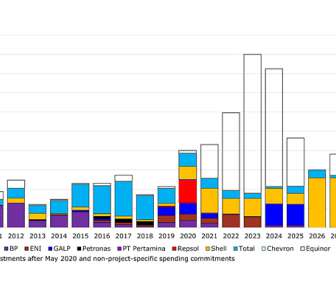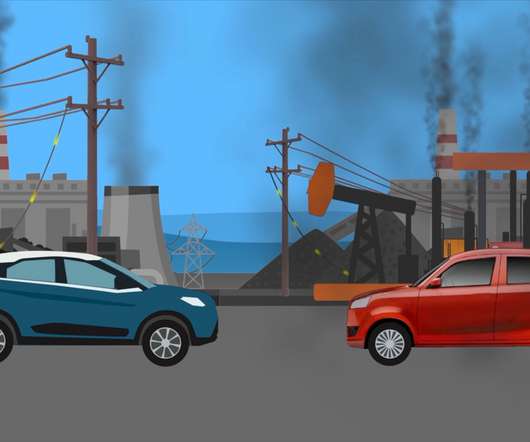SRI developing process for co-gasification of methane and coal to produce liquid transportation fuels; negligible water consumption, no CO2
Green Car Congress
DECEMBER 20, 2011
Researchers from SRI International (SRI) are developing a methane-and-coal-to-liquids process that consumes negligible amounts of water and does not generate carbon dioxide. Lifecycle GHG comparison. In conventional CTL approaches, energy is supplied by burning a portion of the coal feed, which then produces carbon dioxide.


























Let's personalize your content